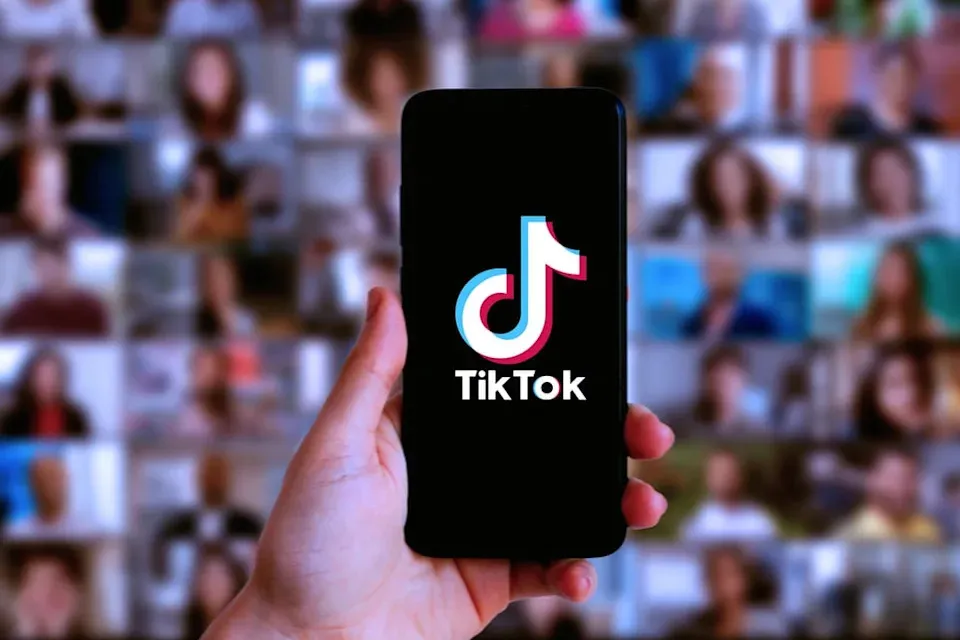Wall Street Memes Turn Serious : Gen Z Makes Finance Fun
Once upon a time, Wall Street was a temple of seriousness. Pinstripes, Bloomberg terminals, and analysts whispering about yield curves like it was state intelligence. Money was sacred until Gen Z showed up with memes, Discord servers, and a tolerance for chaos that makes 2008 look like a rehearsal. Suddenly, finance is a vibe and meme coins are the new blue chips. The market used to be about numbers, now it’s about narratives. And no one tells a story better than a broke trader with Wi-Fi and a dream.
From Bloomberg to “Based”: The Rise of Memeonomics
Welcome to the post-serious economy. The NASDAQ is background noise to TikTok edits about being rich in vibes. Bitcoin crawled so Dogecoin could run and RMBT could do backflips. What started as a parody has become a parallel economy built on irony, hype, and entertainment.
Memeonomics is not about value, it’s about virality. When Gen Z sees a new token, they don’t ask for fundamentals, they ask, “Is it funny enough to trend?” Humor, not revenue, is the real market mover. If your coin has a meme worth posting, congratulations, you’re liquid.
The old guard can’t understand it. They see volatility as danger; Gen Z sees it as dopamine. Every candle is a storyline. Every crash is content. Analysts crunch data; meme traders craft punchlines. One writes quarterly reports, the other writes history in screenshots.
In meme finance, being early is luck, but being funny is alpha. You can lose ten thousand dollars and still win engagement. The modern trader doesn’t diversify assets, they diversify platforms. Twitter, Reddit, Telegram, all are investment vehicles for attention. And attention, as it turns out, is the new currency of credibility.
Crypto Hype as Cultural Currency
Money used to buy clout, now clout is money. Welcome to the influencer economy, where financial literacy wears streetwear and speaks in stock tickers. Every market move is a meme template waiting to happen. The Fed hikes rates and Jerome Powell becomes a WWE wrestler in an edit. Inflation spikes and someone drops a “money printer go brrr” remix.
It’s not unserious, it’s postmodern finance. Gen Z doesn’t reject the system, they remix it. They took Wall Street’s obsession with speculation and made it performative. Finance became participatory art, crowdsourced, democratized, and sarcastic. The joke is always on the market, but sometimes the market pays back.
Take RMBT for example, a meme coin so self-aware it mocks its own existence. Yet it trends, it trades, it thrives. It’s the perfect encapsulation of the modern investor mindset: cynical, comedic, and chaotically optimistic. The coin’s slogan might as well be “We’re all jokes until we’re millionaires.”
Meme coins turn the market into a live-streamed drama, where each trade is a character arc. There’s no boardroom, only Discord rooms filled with irony and conviction. The spreadsheets are replaced by screenshots, and instead of Warren Buffett quotes, you get “gm kings” and “we ball regardless.” It’s dumb, it’s genius, it’s 2025 finance.
The Ironic Empire of Fun Finance
Traditional investors call it mania. Gen Z calls it culture. Behind the humor, there’s a rebellion brewing, not against money itself, but the way money has been mythologized. Gen Z grew up watching financial crises, student debt, and corporate greed. So they turned the system into satire and made a fortune laughing at it.
Meme finance isn’t about rejecting capitalism, it’s about remixing it until it stops pretending to be noble. The stock market, once ruled by spreadsheets, is now run by screenshots. The average trader might not have a CFA, but they have a million followers and a sharper sense of timing than most hedge funds.
Sure, it’s risky. But so is trusting institutions that crashed economies. At least when meme coins fall, you get content out of it. Failure isn’t shameful, it’s shareable. Every red chart becomes a badge of honor, every pump a shared victory. The market is no longer a gated club, it’s a global group chat.
And here’s the irony, it works. The humor keeps people engaged, learning, and even investing. Finance was boring, elitist, and unreachable. Now it’s funny, inclusive, and accidentally educational. Gen Z made money interesting again.
Conclusion:
In a world drowning in data and distrust, Gen Z made the smartest move possible, they turned finance into a meme. Because when you can’t beat the absurdity of the market, you monetize it. Wall Street isn’t dying, it’s evolving into a Twitter thread, a viral coin, a punchline that pays dividends. So the next time a meme coin moons while analysts frown, remember, the joke’s not on Gen Z. The joke is the market. And the punchline? We’re still laughing all the way to the blockchain.





Recent Comments